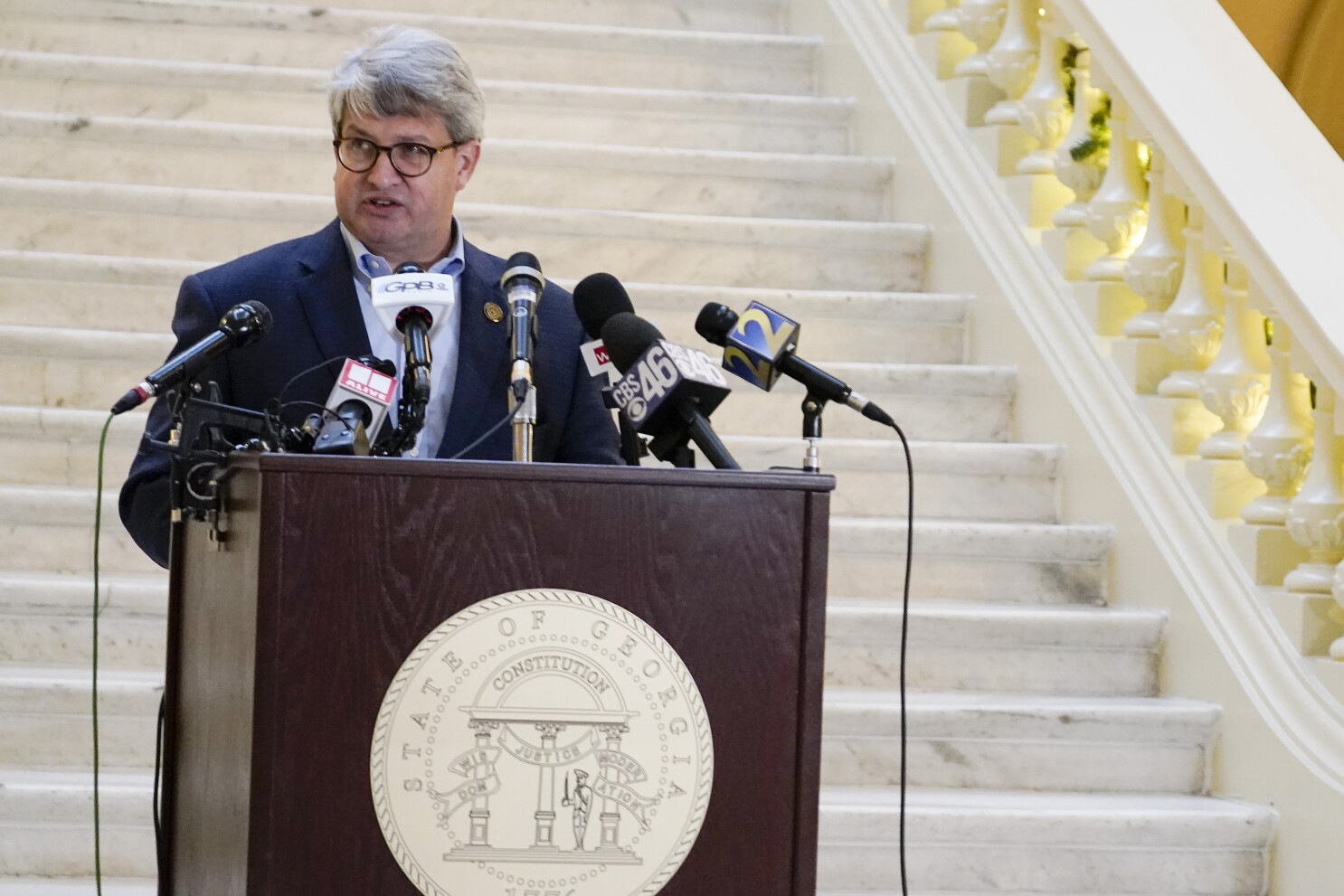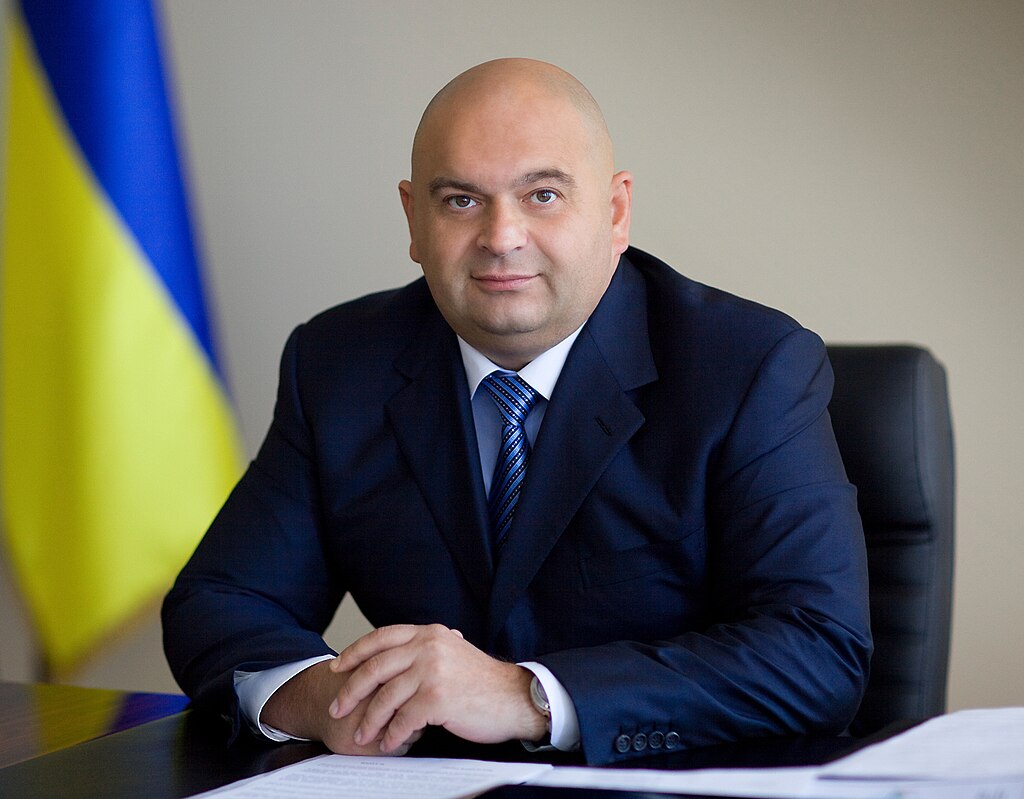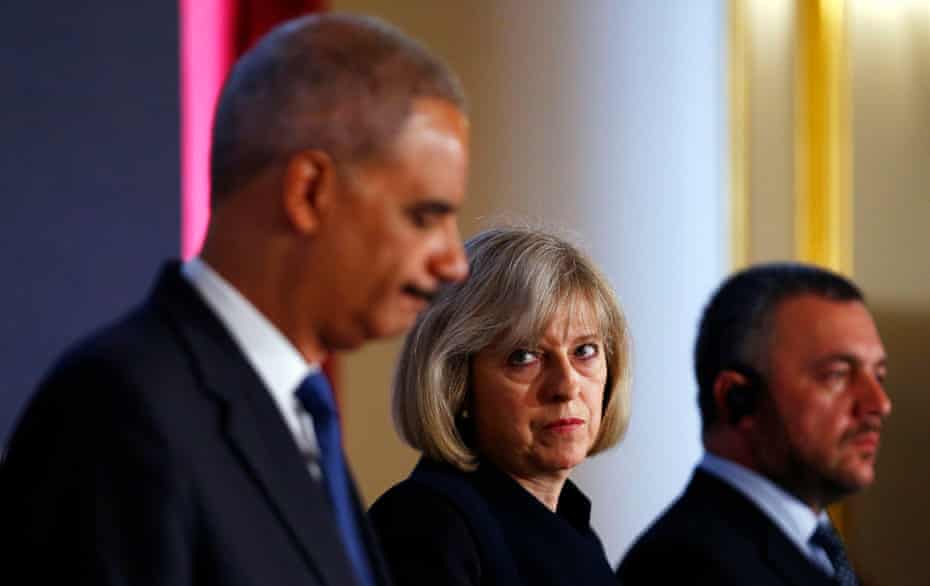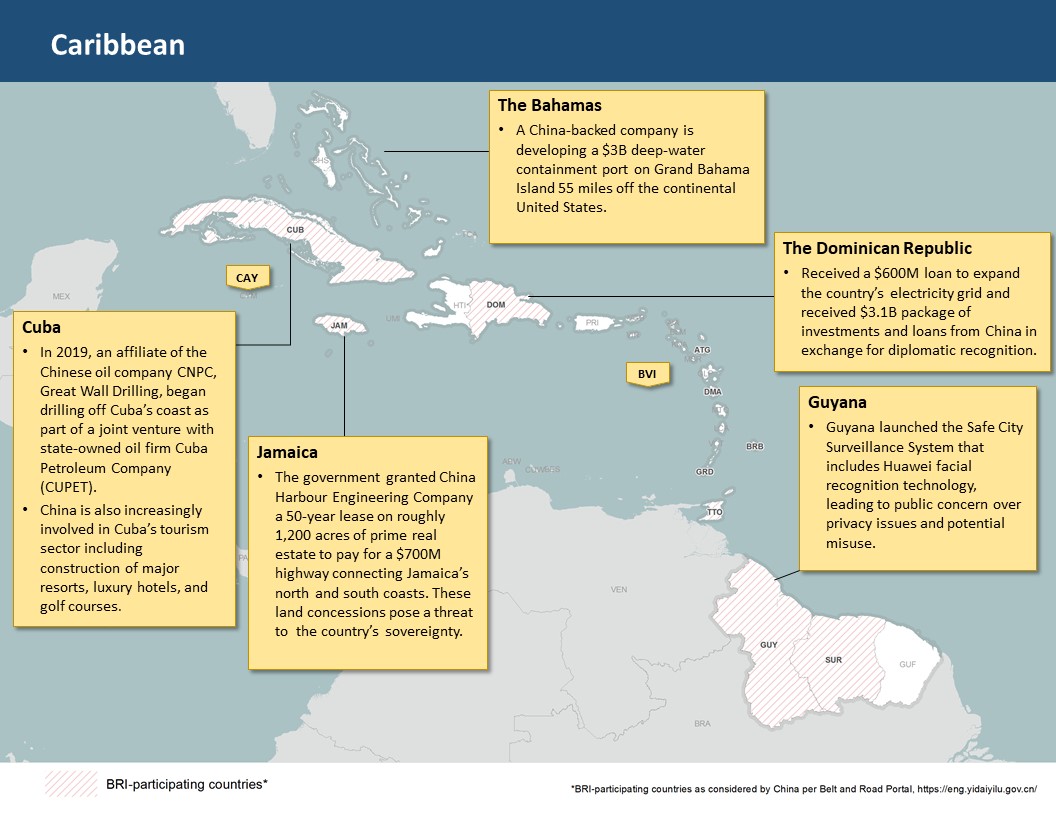His job was/is to supervise Georgia’s (new) voting system.

So, here are some tips (facts) to consider.
Remember that consent decree where signatures and voter registrations were not to be verified? It is said that this agreement was between Stacey Abrams and Brad Raffensperger. Actually, those two are the conspirators but on the decree itself, neither of them signed the agreement. In fact, the agreement has the inferred signatures of Bruce V. Spiva of Perkins Coie (the law firm that Hillary Clinton and the DNC hired that later hired Fusion GPS) and Vincent R. Russo of Robbins Ross Alloy Belinfante Littlefield, LLC (Office of the Georgia Attorney General, /Counsel for State Defendants).
Vincent Russo:
Vincent has been appointed as a Special Assistant Attorney General for the State of Georgia and regularly represents Georgia officials in voting rights and election litigation. He has also been tapped to represent the Governor and the Secretary of State of Georgia in matters before the Committee on Oversight and Reform in the U.S. House of Representatives, including inquiries by the Subcommittee on Civil Rights and Civil Liberties and the Select Subcommittee on the Coronavirus Crisis. Prior to joining the Firm, Vincent was the General Counsel for the Georgia Secretary of State’s Office, where he served as the chief legal counsel in the administrations of Brian Kemp and Karen Handel.
Vincent’s practice regularly involves issues at the intersection of law, politics, and public policy. He also has significant experience advising federal and state campaign committees, PACs, and other political organizations, including representing clients in investigations by the Federal Election Commission and the Georgia Government Transparency & Campaign Finance Commission. Vincent served as legal counsel to Georgia Governor Brian Kemp’s campaign committee in 2018. He is the General Counsel for the Georgia Republican Party and has represented the National Republican Congressional Committee in recent election cycles.
Josh Belinfante:
Outside of litigation, Josh has significant experience in in campaign finance and election law matters. He represents entities governed by federal and state campaign finance laws, including campaigns and political action committees. He also has specific experience drafting laws governing Certificate of Need, gaming, the Georgia Lottery, restrictive covenants and non-compete agreements, and eminent domain.
Seems to have the hallmarks of a good ol boy network.
During Sterling’s time on the City Council, the city came under investigation by the Georgia Secretary of State’s office for possible violations in the way it ran an election. In 2016, the council approved the city running its own special election — rather than hiring the county to do it as usual — to fill a council vacancy. The election for the District 3 seat was held the same day as a county primary election, but at a separate polling place that was not within the district.
That confusing situation led to the state investigation about a possible polling place notice violation. But more than four years later, the case remains unheard by the State Election Board for unexplained reasons, a situation a local legislator once called “insane.” The case has dragged on so long that since it began, Sterling has left office, made the Fulton commission run, and joined the office that began the investigation.
Well not actually All good ol boys, as we have Jordan Fuchs, Deputy Secretary of State.

Fuchs was quoted in a Politico story in 2019 that reported a variety of groups were concerned that “Raffensperger and his staff are pushing ahead with a $150 million plan to switch the state to new voting machines (Dominion Voting Systems) that an array of experts warn would be susceptible to hacking.” That story says that Fuchs “scolded the tea party-aligned group FreedomWorks, which also opposes the machines,” by telling them, among other things, that they did not “fully comprehend the climate of our state, the demands of our communities, or the objectives of this office.”
Another press release reported that Raffensperger had appointed Fuchs to “serve on the Board of Directors for the Electronic Registration Information Center (ERIC). Fuchs will serve as Georgia’s national representative within the organization’s governing body,” the release said.
“Our office has led the charge to reform Georgia’s elections with common-sense solutions that prioritize efficiency and promote integrity – and our immediate action to join ERIC was a major victory for all of Georgia’s voters,” said Fuchs. “I am honored to represent our state at the national level as we continue to aggressively pursue solutions that ensure a better experience at the polls for our voters and election officials alike.”
What is ERIC? “ERIC is a multistate partnership that uses a sophisticated and secure data-matching tool to improve the accuracy and efficiency of state voter registration systems. Through ERIC, states share voter registration information to improve the integrity of voter lists,” the release says. “The national non-profit uses cross-state data matches to flag voters who may have registered in multiple states, moved out of state, or passed away – alerting election officials so that they can update voter rolls accordingly, consistent with federal and state law.”
ERIC is a multistate partnership that uses a sophisticated and secure data-matching tool to improve the accuracy and efficiency of state voter registration systems. Through ERIC, states share voter registration information to improve the integrity of voter lists. The national non-profit uses cross-state data matches to flag voters who may have registered in multiple states, moved out of state, or passed away – alerting election officials so that they can update voter rolls accordingly, consistent with federal and state law. Exactly, how is that working out?)
“I have no doubt that Deputy Secretary Fuchs will continue to advance the best interest of our state and work with national stakeholders and industry leaders to make elections more secure, accurate, and accessible for every Georgia voter,” said Secretary Raffensperger.
Fuchs has been appointed as an ERIC board member for the 2019-2020 term and will continue to carry out her regular duties as Georgia’s Deputy Secretary of State for the duration.
A 2019 article by the Atlanta Journal-Constitution found that “the Georgia secretary of state’s office acknowledged…that a vendor had improperly redacted a purchasing document detailing security features of the state’s new $107 million voting system.” Fuchs is quoted in that article as saying, “Our new voting system, including new Poll Pads, are our most secure system to date.” The article notes that “the iPads will be provided by a company called KnowInk, which is working with Dominion Voting Systems to install the new voting technology statewide.” More here.
Now here is where it gets more interesting. The man who oversees Georgia’s voting system, Gabriel Sterling, negotiated a $200,000 per year contract for himself last year, quit his state government job and has worked as an independent contractor ever since.Under the arrangement, Sterling’s pay increased from his $114,000 government salary since November 2019, when he took on the role of project manager for the purchase and rollout of the state’s new voting equipment. State election officials say as a contractor, the government didn’t have to pay benefits, such as health insurance.
Sterling, a lifelong Republican, even drew praise from Democrats for his comments, and he received flowers and handwritten notes from voters across the country.
But his independent status prompted questions from state legislators and critics who have asked why oversight of the state’s voting machines is being managed outside Republican Secretary of State Brad Raffensperger’s payroll.
Just a month before the November general election, there was a panel discussion, hosted by Gab Sterling on Georgia voting rights and elections. Really? Yes and imagine the panel roster…..Vasu Abhiraman, an ACLU of Georgia policy counsel; Josh Belinfante, an attorney specializing in election law at the Robbins Law Firm; and Gabriel Sterling, the voting system implementation manager for Georgia Secretary of State and a former member of the Sandy Springs City Council. The discussion, called “Fair Voting: Make It Count,” as part of its “Live Learn Lead” series.
Oh, did you know that Georgia Secretary of State Raffensperger formed an election task force? Yup, the task force met weekly until the end of the year to “further the discussion on the election this Fall and to address the challenges in election administration.” Called, the Safe, Secure and Accessible Elections task force had bipartisanship and included figures such as Amb. Andrew Young, Georgia state NAACP President Rev. James Wooddall, and Carter Center CEO Paige Alexander. And, other members of the task force included Republican former U.S. Rep. Lynn Westmoreland, ACLU of Georgia counsel Vasu Abhiraman, Georgia Chamber of Commerce President and CEO Chris Clark, Georgia Tech professor Angelos Keromytis, MIT professor Charles Stewart, Center for Election and Innovation Research Founder and Executive Director David Becker, Jake Evans, the chairman of the Georgia chapter of the Republican National Lawyers Association, Bartow County Elections Supervisor Joseph Kirk, DeKalb County Director of Voter Registration and Elections Erica Hamilton, Cobb County Director of Elections and Registration Janine Eveler, Fulton County Elections Director Rick Barron, Monica Childers of VotingWorks, as well as Sec. Raffensperger and Deputy Secretary of State Jordan Fuchs.
“Our teams are keeping Georgia voters the focal point of all of our elections,” Raffensperger said in a statement. “I am grateful that these leaders, from various professional and ideological backgrounds, are coming together to help meet that goal; not just for this election, or the next, but for elections in years to come. Improving the integrity of our elections and increasing voter confidence in their outcomes is vital.”
Thoughts?








